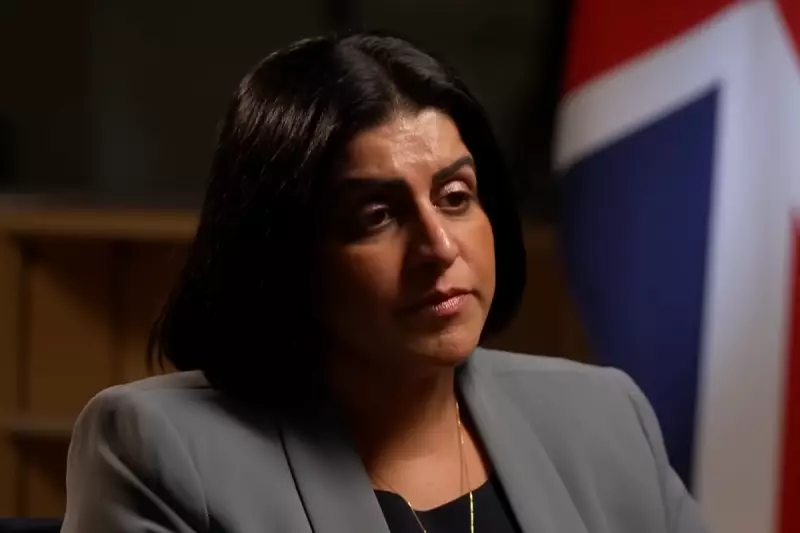
Home Secretary Shabana Mahmood is facing intense criticism from within her own party after unveiling a sweeping overhaul of the UK's asylum system, with a Labour peer who fled the Nazis as a child accusing her of using "children as a weapon."
The accusation was levelled by Lord Alf Dubs on Tuesday, 18 November 2025, less than a day after fellow Labour MPs described the proposals as "performative cruelty" and "immoral." Lord Dubs, a lifelong champion for child refugees, did not mince his words, branding the government's plans as "shabby" during an interview on BBC Radio 4's Today programme.
Controversial Measures and Heated Reactions
The reforms, announced on Monday, represent the most significant changes to the asylum system in years. Central to the controversy is the provision that allows the government to deport families, including those with children, if they refuse monetary incentives to leave the UK after their asylum claims fail.
The Home Office has justified this hardline approach by claiming that children are sometimes sent on small boats specifically to "exploit" UK laws, creating family ties that can block subsequent removal. When asked about this suggestion, Lord Dubs responded with scepticism, stating, "I think that's a theoretical statement – I just don't accept that."
He expressed profound concern about the human impact, questioning the fate of children born and educated in the UK. "What are we supposed to do with children who are born here, who've been to school here, who are part of our community? We can't just say, 'oh well, out you go because your parents don't claim to be here'," he argued.
A System Redesigned to Deter
The government's package of measures is explicitly designed to make Britain a less attractive destination for asylum seekers. Key changes include:
- Reducing the initial permission to stay from five years to 30 months.
- Extending the time required to gain settled status from five years to 20.
- Introducing caps on the number of people arriving via safe and legal routes.
- Removing the guarantee of housing and weekly allowances for those within the system.
- Forcing asylum seekers with assets to contribute to their costs.
In the House of Commons, Ms Mahmood defended the reforms, stating that the "pace and scale of change has destabilised communities" and made the UK "a more divided place." However, the plans have drawn condemnation from charities, police representatives, and backbench MPs.
Political Crossfire and Expert Analysis
The proposals have placed the Labour government in a unique political position. Former Labour frontbencher Richard Burgon accused the leadership of a "desperate attempt to triangulate with Reform," a sentiment echoed by MP Ian Lavery.
In a surprising twist, Reform UK leader Nigel Farage praised the measures as "extremely encouraging" and noted they followed ideas his party had long championed, though he questioned the government's resolve to implement them. In response to his comments, Ms Mahmood famously told him to "sod off."
Communities Secretary Steve Reed insisted the reforms were necessary to end the human tragedies of Channel crossings. "We can't continue to allow incentives to exist that result in children drowning in the Channel," he stated.
Dr Mihnea Cuibus of the Migration Observatory confirmed that the reforms, modelled on a Danish approach, would likely reduce the UK's pull for migrants. "This is certainly the most significant changes we have ever seen to the asylum system," he said, adding that while the impact is hard to predict, Denmark saw its asylum figures reach a decade-low after similar changes.





